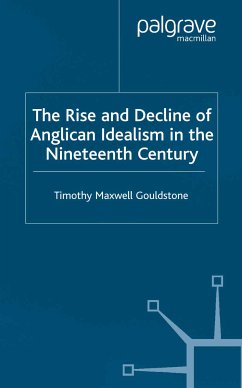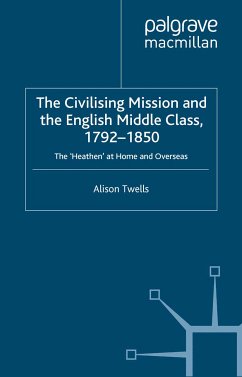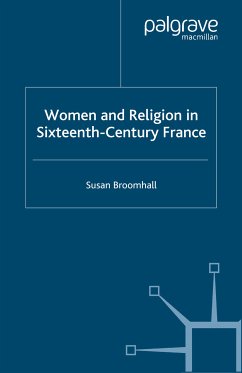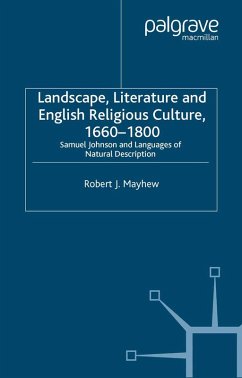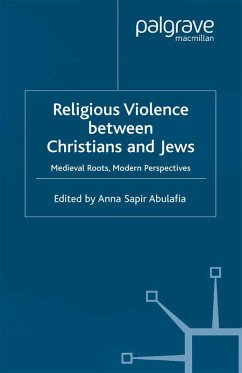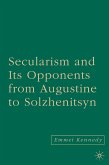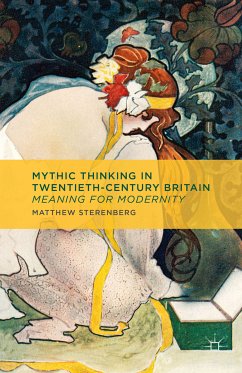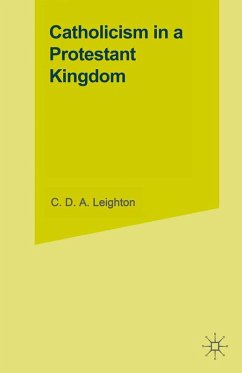Dieser Download kann aus rechtlichen Gründen nur mit Rechnungsadresse in A, B, BG, CY, CZ, D, DK, EW, E, FIN, F, GR, HR, H, IRL, I, LT, L, LR, M, NL, PL, P, R, S, SLO, SK ausgeliefert werden.
'...this book will be quarried by many who want to flesh out their knowledge of Anglican theological history with insight into the ways and means by which particular Anglican theologians and writers sought to respond to the challenges of their age.' - Jeremy Morris, Theology

